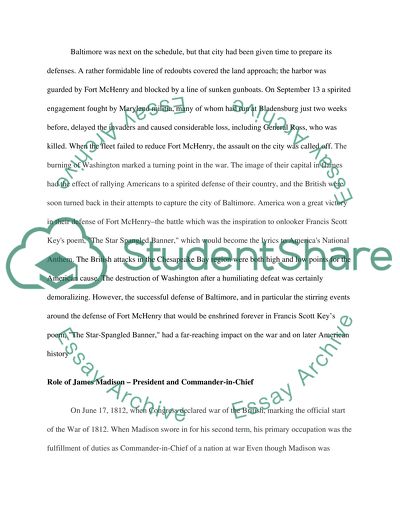British Campaign of 1812 Essay Example | Topics and Well Written Essays - 500 words. Retrieved from https://studentshare.org/miscellaneous/1548886-british-campaign-of-1812
British Campaign of 1812 Essay Example | Topics and Well Written Essays - 500 Words. https://studentshare.org/miscellaneous/1548886-british-campaign-of-1812.


